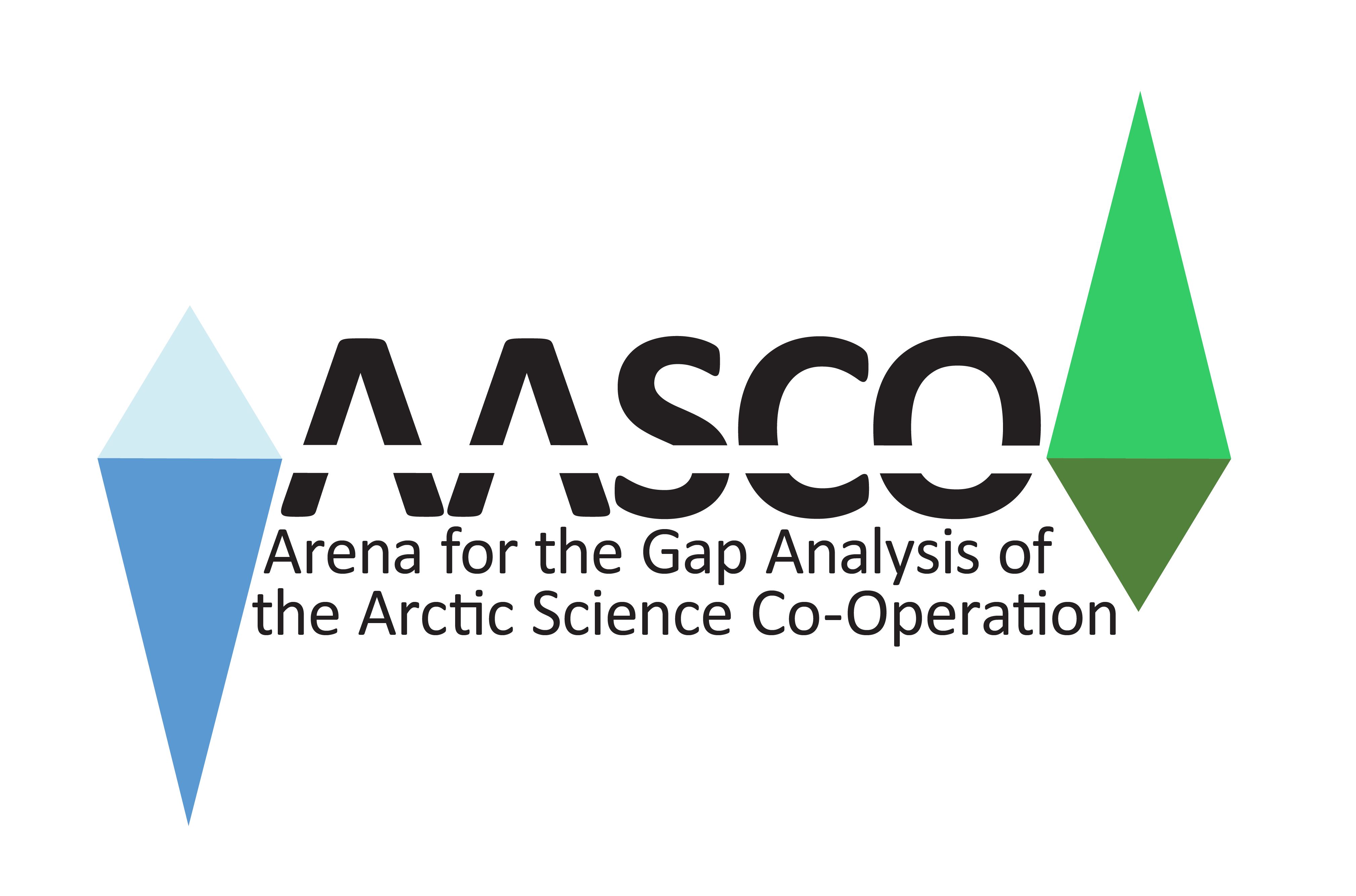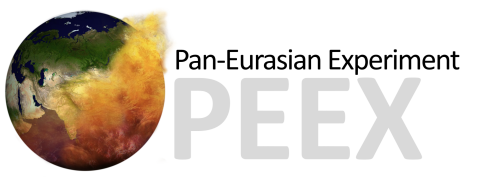Project Description

INVITATION to the PEEX network: we welcome participants of the Arctic Science Summit Week (ASSW, 21 March 2024 – 29 March 2024, Edinburgh, UK) to the AASCO (Arena for the gap analysis of the existing Arctic Science Co-Operations) Arctic Science Collaborations Session(s) taking place on Sat 23rd at 11:00-12:30, UK time and on Sun 24th March at 11:00-12:30, UK time.
The “Arena for the gap analysis of the existing Arctic Science Co-Operations” (AASCO) project is coordinated by the INAR at the University of Helsinki. Scientific partners are SAON-ROADS, University of Arctic, SIOS, WMO-GAW, CBAS and UNESCO-UNITAR. The project is funded by the Foundation Prince Albert II de Monaco for two periods: 2020-2022 and 2023-2025. The AASCO project is dedicated to understanding the feedback and interactions between land, ocean, and atmosphere in the Arctic-boreal context under changing climate.
To effectively address these challenges, we recognize the need for a coordinated framework that considers the various perspectives from different disciplines. Currently, observations from different systems are conducted independently. Given the urgent global challenges, particularly climate change in the Arctic, a comprehensive and multidisciplinary approach is essential. This involves better integration, improved information and data flows, and the ability to derive science-based synthesis and predictions from existing information through platforms and data services.
The goal of the AASCO meeting at ASSW is to strengthen connections among existing research communities interested in feedback research. Additionally, the aim is to formulate a science-based message directed at Arctic research policymakers and funding agencies. This will help consolidate efforts and contribute to a more effective and coordinated approach in addressing environmental challenges in the Arctic. AASCO sessions at ASSW24 discusses
I AASCO session on Sat 23.3.
- What are the Essential Variables for land-atmosphere-ocean feedback & interactions research in the Arctic context ? or are the EV already well coved by the current approach?
- Which are the relevant networks and communities whom could contribute to the identification of these EVs?
II AASCO session on Sun 24.3
- How much data is available in the Arctic now?
- What are opportunities and challenges about using AI to fill in missing data?
- In what ways can AI be helpful in combining different sets of data (data fusion)?
Tentative agenda: pdf
